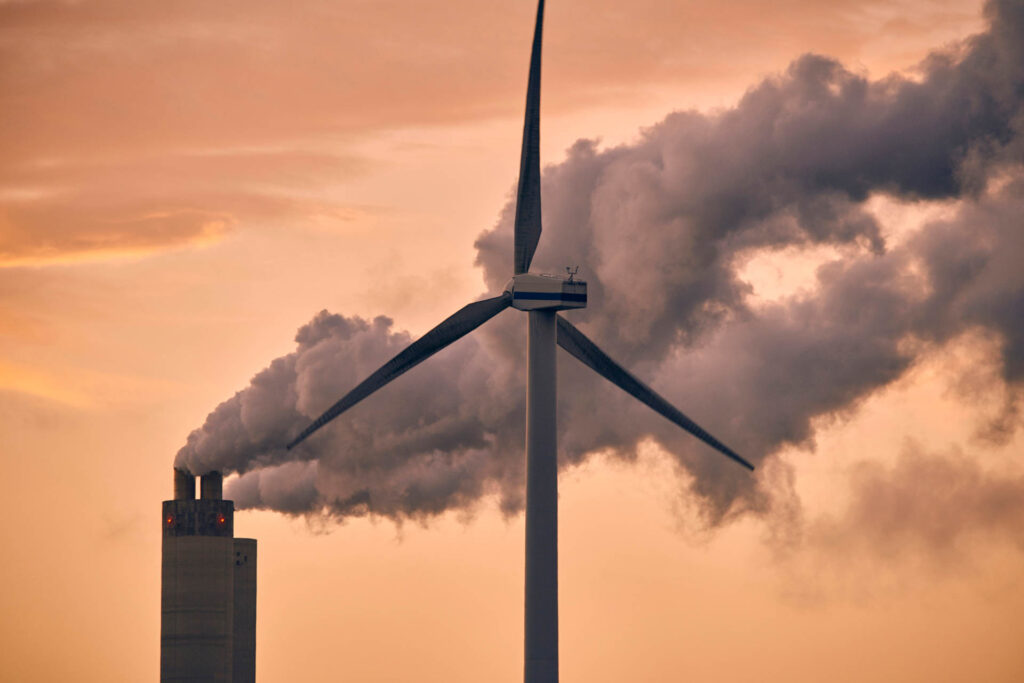
Government officials from around the world have descended on the Indonesian resort island of Bali for two weeks of climate negotiations. The talk is of a new Kyoto-like treaty, with global caps on emissions of greenhouse gases. But such a treaty would harm the poor, hampering their adaptability to climate change, while doing little to prevent it.
The science of climate change remains hotly contested, with substantial disagreements over humanity’s role and impact. However, powerful interest groups have spent hundreds of millions of dollars convincing us that without urgent reductions in emissions of greenhouse gases, the climate may warm uncontrollably, with disastrous effects. As a result, there is considerable pressure on politicians to take action.
Unfortunately, the organisation set up to advise governments on this question, the Intergovernmental Panel on Climate Change (IPCC), is also biased towards alarmism. The most recent IPCC report repeats controversial claims of a dramatic rise in sea level and increased incidence of extreme weather events. By a tragic coincidence, a massive cyclone struck the Bay of Bengal just as the Valencia meeting began, adding graphic weight to both claims — but adding no empirical weight to either.
Worse than the biases in the evaluation of the underlying science has been the bias in policy recommendations. Every IPCC Report has concluded that humanity must reduce its emissions of greenhouse gases substantially and urgently. A similar conclusion was reached by the recent Stern Review, produced for the British government. Yet, most economists have concluded that if any restrictions are imposed on greenhouse gas emissions they should be modest, at least initially.
A large part of the problem is that neither Stern nor the IPCC adequately acknowledges the role adaptation would and should play in addressing climate change. There is no evidence that recent changes to the climate have caused increased mortality from disease, drought or natural disasters. On the contrary, over the past century, humanity has developed new technologies that have enabled it to adapt, improving the lives of billions.
Since 1900, the production of food and other agricultural products has outpaced population growth, and the incidence of infectious disease has declined substantially. As a result, global average life expectancy has nearly doubled from below 40 to about 67 years. Meanwhile, the number of people killed in weather disasters has fallen exponentially since good records began in the mid-20th century.
The death toll from the recent cyclone in the Bay of Bengal was an order of magnitude lower than a similar 1991 cyclone and perhaps two orders of magnitude lower than the 1970 Bhola cyclone, which killed approximately 500,000 people. This November, the majority escaped tragedy largely because of early-warning systems and better infrastructure.
But we must not be unduly optimistic. Around the world, millions of children die each year from diseases ranging from cholera to malaria to respiratory infections, all of which can be easily prevented or cured. These people are victims of governments whose policies prevent wealth creation and deny people access to many basic technologies, from clean water and sanitation to modern energy and medicines.
As wealth increases and modern technologies are more widely adopted, these diseases will decline, regardless of climate change. As the Civil Society Report on Climate Change point out, adaptation and economic growth will continue to be the best way to deal with climate change. Yet these are hindered by taxes, subsidies and regulations, which prevent entrepreneurs identifying or satisfying demand.
Attempting dramatically to reduce greenhouse-gas emissions is likely to be counterproductive, diverting resources away from adaptive and growth-enhancing technologies and towards carbon-reducing technologies. A far better way to address climate change, at least during the coming decade, would be for governments to remove barriers to wealth creation and technological adaptation.
It is asking too much to imagine that the talks will focus primarily on removing such barriers to adaptation. But if the negotiators are seriously concerned about avoiding dangerous climate change in a cost-effective manner, they should be looking primarily at adaptation, not at trying to cut emissions.
(The author is environment program director at International Policy Network)

Always stay up to date
Receive information about current publications and events around once a month.
The Liberal Institute is delighted to hear from you.
LIBERALES INSTITUT
Hochstrasse 38
8044 Zürich, Schweiz
Tel.: +41 (0)44 364 16 66
institut@libinst.ch
INSTITUT LIBÉRAL
Boulevard de Grancy 19
1006 Lausanne, Suisse
Tel.: +41 (0)21 510 32 00
liberal@libinst.ch
ISTITUTO LIBERALE
Via Nassa 60
6900 Lugano, Svizzera
Tel.: +41 (0)91 210 27 90
liberale@libinst.ch

Receive information in German about current publications and events about once a month.